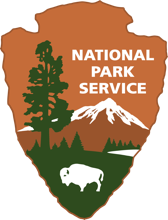by Kelly McGreal
Have you looked at the night sky recently? Perhaps the bright moon caught your eye, or maybe you noticed a few stars on a clear night while driving home from an evening errand. For many of us, looking skyward involves nothing more than a passing glance. However, Dr. Joe Blanda says observing the night sky is an excellent resource for improving health and wellness.
The human connection to the universe is ancient, explains Dr. Blanda. Prehistoric people painted cosmic objects and events in their cave art. Early humans learned to use the night sky for navigation, tracking time and animal migrations, and planning harvests. Across time and place, the stars and the night have been a part of human mythology and storytelling as well. Despite this longstanding connection to the cosmos, Dr. Blanda asserts that our relationship to the night sky has been damaged. Our modern world, filled with an abundance of artificial light and activities that distract us from nature, interferes with how we relate to darkness.
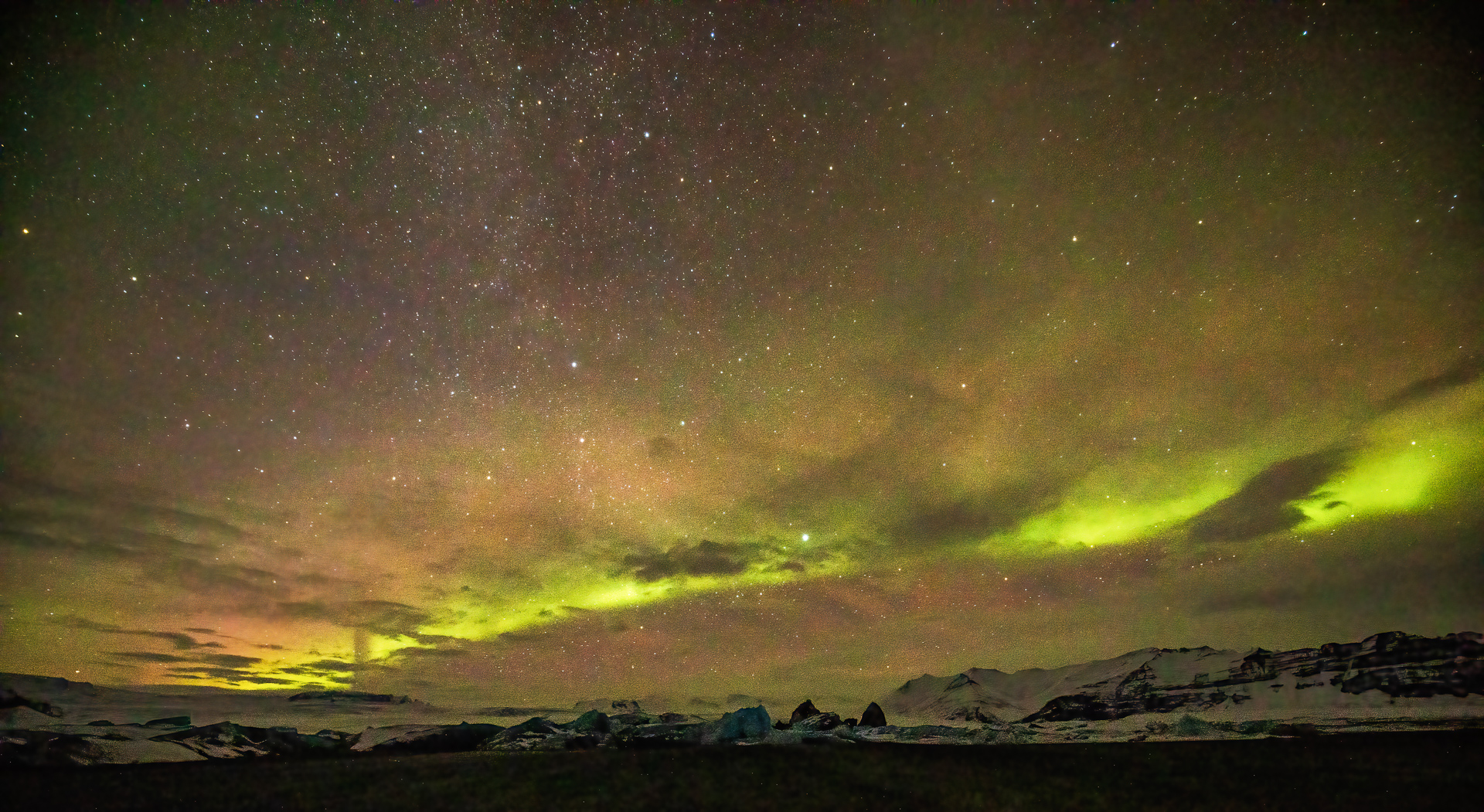
Dr. Blanda notes the average person spends up to 50% of time awake looking at a screen. While computers and smartphones are wonderful resources with many benefits, excessive screentime interferes with many of our basic needs. Overusing screens upsets our sleep, levels of physical activity, and metabolism. We also may become more withdrawn and less apt to socialize. Dr. Blanda is especially concerned about how blue light from screens adversely affects our circadian rhythms, which control our daily cycle of sleep and wakefulness, as well as other functions such as hunger, activity, body temperature, and melatonin levels. Disruption of our circadian rhythms, he says, increases our risk for developing certain health conditions, including obesity, diabetes, and even cancer.
The good news is we can use the dark sky for nature therapy and our own wellbeing. “The night sky gives us a resource to practice mindfulness and a full appreciation of the health benefits of nature,” says Dr. Blanda. He notes that the mind-body connection is powerful, explaining time in nature can decrease stress and inflammation, increase calming hormones, strengthen the immune system, and improve cognition. These benefits can be helpful for managing and preventing many health conditions, including hypertension, heart disease, and a host of other physical or mental health issues.

Dr. Blanda recommends spending time in nature whenever possible but encourages us to connect to the wonder of the night, away from our blue light emitting computers, TVs, and smartphones. “Give yourself the chance to look in awe at the star-filled night, hear the wind blowing through the leaves, feel the cool air on your face,” he advises.
“One of the mental health benefits of stargazing is that the cosmos reminds us that our problems are minuscule in the grand scheme of things—not in the sense that our struggles are trivial—but in that we are all part of something much bigger than ourselves,” Dr. Blanda explains.
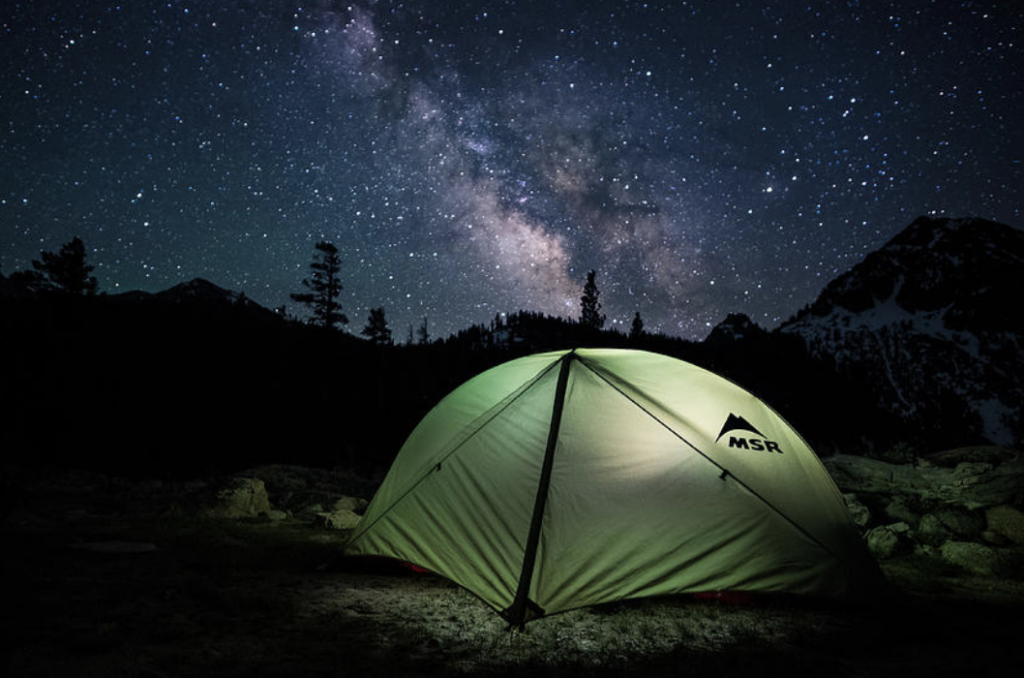
Observing & Connecting to the Night Sky
Being in nature and observing the night sky is extremely beneficial physically and mentally, but Dr. Blanda understands that spending time outdoors at night is an unfamiliar experience for many of us. However, if you’re curious about reaping the health benefits of being outdoors at night, he has some helpful recommendations for getting started:
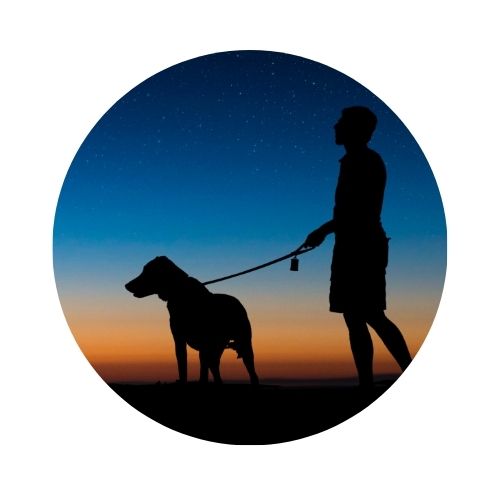
1. Get out there!
Instead of watching TV or looking at your smartphone in the evening, start a habit of taking a nighttime walk. Practice safety measures such as walking with someone, using minimal or red light (such as a flashlight) to prevent tripping, and wearing clothing with reflective elements.
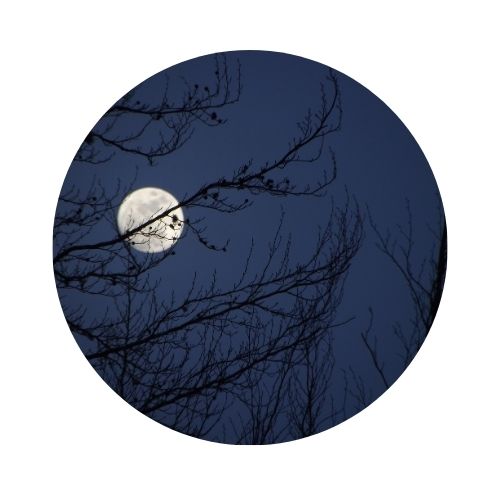
2. Plan a full moon hike each quarter with friends and family.
According to Dr. Blanda, research shows that even one immersive nature experience such as a full moon hike boosts the immune system, providing health benefits that may last up to a month!
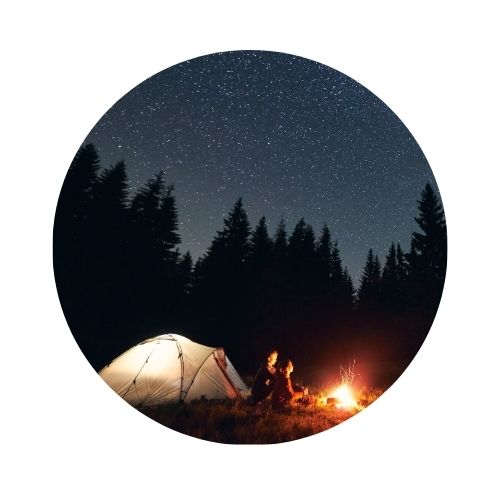
3. Go camping!
Some of Dr. Blanda’s most meaningful and awe-inspiring experiences observing the night sky occurred during camping trips. Often, campsites are located in natural areas with little to no artificial light and sound pollution, making it easier to focus on your senses and have a meditative experience. More information is available at Darksky.org.
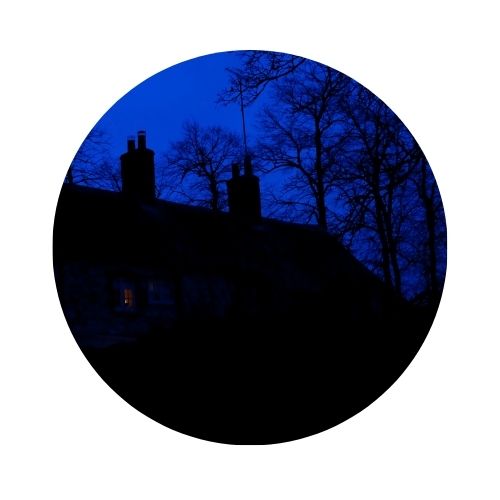
4. Advocate for a dark sky neighborhood.
Darken your own yard to better enjoy stargazing. Spread the word to neighbors about decreasing artificial light outdoors. Darkness is natural and needed by both people and animals to thrive.
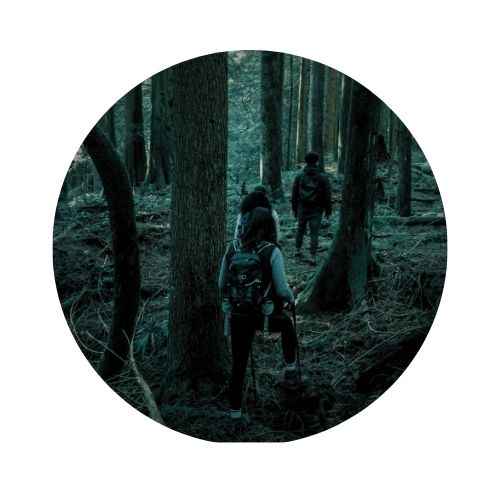
5. Take advantage of local resources.
Look at local parks’ events calendars for scheduled night walks, ranger-led hikes, and events (see list below).
- Observatory Park, Montville, OH Events Calendar
- 12/21/23 Winter Solstice Hike & Fire (Summit Metro Parks)
- 12/27/23 Full Cold Moon (Summit Metro Parks)
- 1/11/24 Wintertime Hike & Fire (Summit Metro Parks)
- 1/12/24 Owls & Howls (Summit Metro Parks)
- 1/26/24 CVNP Full Moon Walk
- 1/19/24 Circumpolar Express (Summit Metro Parks)
- 2/16/24 CVNP Lantern Walk
- 2/24/24 CVNP Full Moon Walk
- 3/16/24 CVNP Family Friendly Night Hike
- 3/23/24 CVNP Full Moon Walk
- 4/26/24 CVNP Evening Exploration
- 5/17/24 CVNP Evening Exploration
Dr. Blanda’s Night Sky Resources
Check out these books & organizations to learn more and consider visiting some of Dr. Blanda’s recommended sites for viewing the dark sky!
Books:
- Astronomical Mindfulness by C. DePree & S. Scoles
- The End of Night by P. Bogard
- To Know a Starry Night by P. Bogard
- Awe: The New Science of Everyday Wonder and How It Can Transform Your Life by D. Keltner
- Cosmos by C. Sagan
Organizations:
Dark Sky Viewing Locations:
- Oak Hill Trailhead (CVNP)
- Pine Hollow/Kendall Hills (CVNP)
- Horseshoe Pond (CVNP)
- Ira Trailhead/Beaver Marsh (CVNP)
- Observatory Park (Montville)
- Edgewater Park (Cleveland)
BIO
Dr. Joe Blanda is a recently retired orthopedic surgeon who practiced in Akron for the past 35 years. He currently shares his passion for the health benefits of nature with cancer resource centers and conservation organizations throughout the US during his travel adventures.
He recently served on the board for The Conservancy for the Cuyahoga National Park and remains active on their education committee for the Cuyahoga Valley Environmental Center. Currently he is working with the Conservancy to start a nature prescription program in NE Ohio to get more people to mindfully get involved in nature for healthy benefits.



